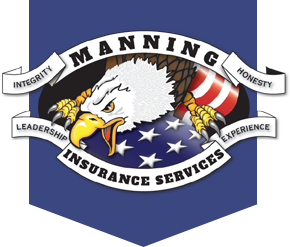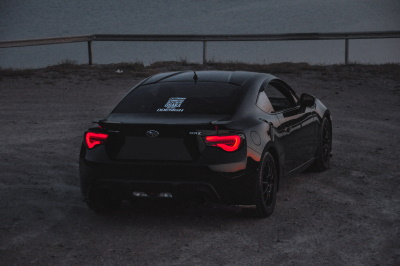Car insurance – and really all forms of insurance – fall into the same category: you hate paying for something you might not need, but when tragedy strikes, you’re happy you have it. So how do you keep costs down while maintaining needed insurance?
Start by figuring out how much coverage you actually need. You’ll want to have at least what’s required and then you can assess whether it’s worth the extra expense to purchase additional types of coverage.
When it comes to South Carolina car insurance, the state does require minimum amounts of liability coverage:
- $25,000 bodily injury per person. This protects you against the claims of other people who are injured in an accident for which you were at fault. Those claims could include medical expenses and lost wages as well as pain and suffering.
- $50,000 bodily injury per accident
- $25,000 property damage per accident. This pays for any damage you cause to the property of others. This form of auto insurance coverage includes damages to other vehicles as well as property such as buildings, walls, fences and equipment.
The state does require uninsured motorist coverage, which would help protect you in the event you’re struck by a hit-and-run driver or a driver who doesn’t have auto insurance. Do note, this coverage has a $200 deductible. If your auto insurance carrier is able to collect their payout from the uninsured motorist, you should be refunded your deductible.
Underinsured motorist coverage, on the other hand, is not required by South Carolina. This type of coverage takes care of any medical expenses if you’re in an accident, and the other driver is at fault but doesn’t have enough auto insurance.
Other forms of car insurance are collision coverage and comprehensive coverage. These two types of polices are not required for South Carolina car insurance. But, if you’ve purchased your car with a loan, your lender will almost certainly require one or both of these forms of coverage.
So, what’s the difference? Collision coverage pays for the physical damage to your car as a result of a collision with another vehicle, a tree or other object. If you have an older vehicle, the cost of repairs could easily exceed the car’s value. In this case, insurers will often declare a car “totaled” and simply pay you the cash value of the car rather than the higher cost of repairs.
Comprehensive coverage pays for damage from basically anything beyond a collision. This could include fire, vandalism, theft, hitting an animal or damage from a natural disaster such as flooding or tree hitting your car during high winds.
Comprehensive coverage does cover broken glass and damage to your windshield (such as a rock hitting the windshield while you’re driving). An important note regarding South Carolina auto insurance: the deductible for safety glass does not apply so if you have a cracked windshield, get it fixed without having to pay any deductible or portion of the cost. Liability coverage does not cover a broken windshield.
Sorting out the various South Carolina auto insurance requirements can get confusing. That’s where a qualified car insurance company is valuable. Select a company willing to take the time to walk you through the various policies to ensure you have the required coverage as well any other coverage that makes sense for you. It’s also important to shop around and to shop annually for car insurance so you know you’re getting the best available deal.
By having the appropriate amount of coverage, you can keep your costs down while feeling secure knowing you’ll be properly covered in the event of an accident.
Learn more about Manning Insurance Services‘ Car Insurance Policies.

